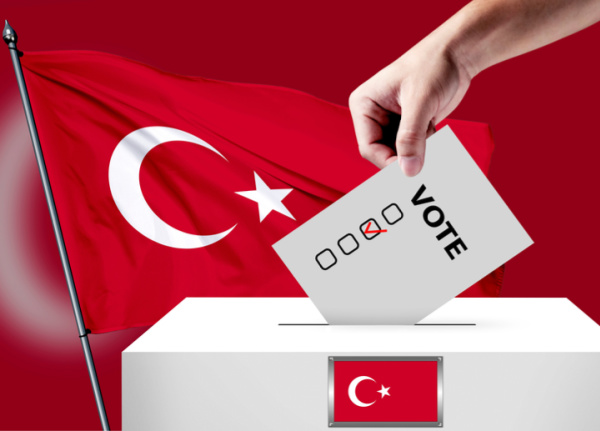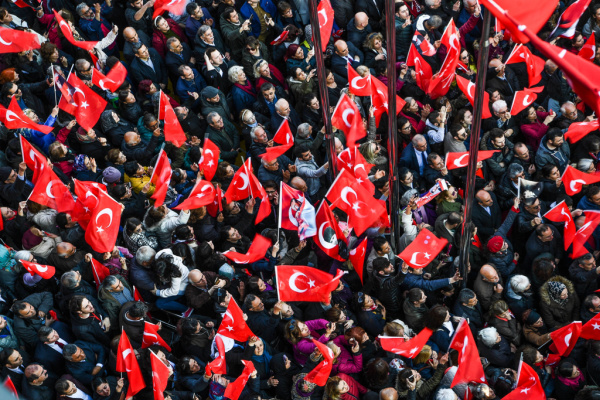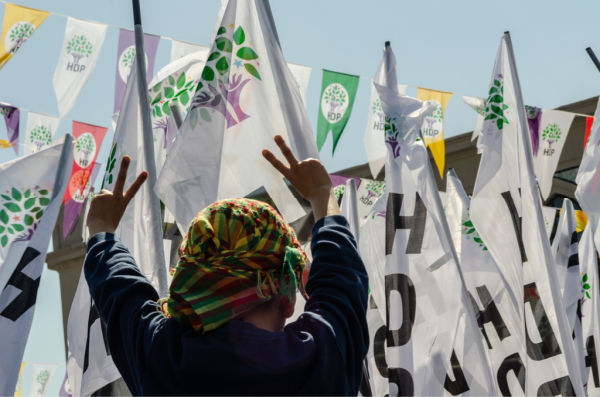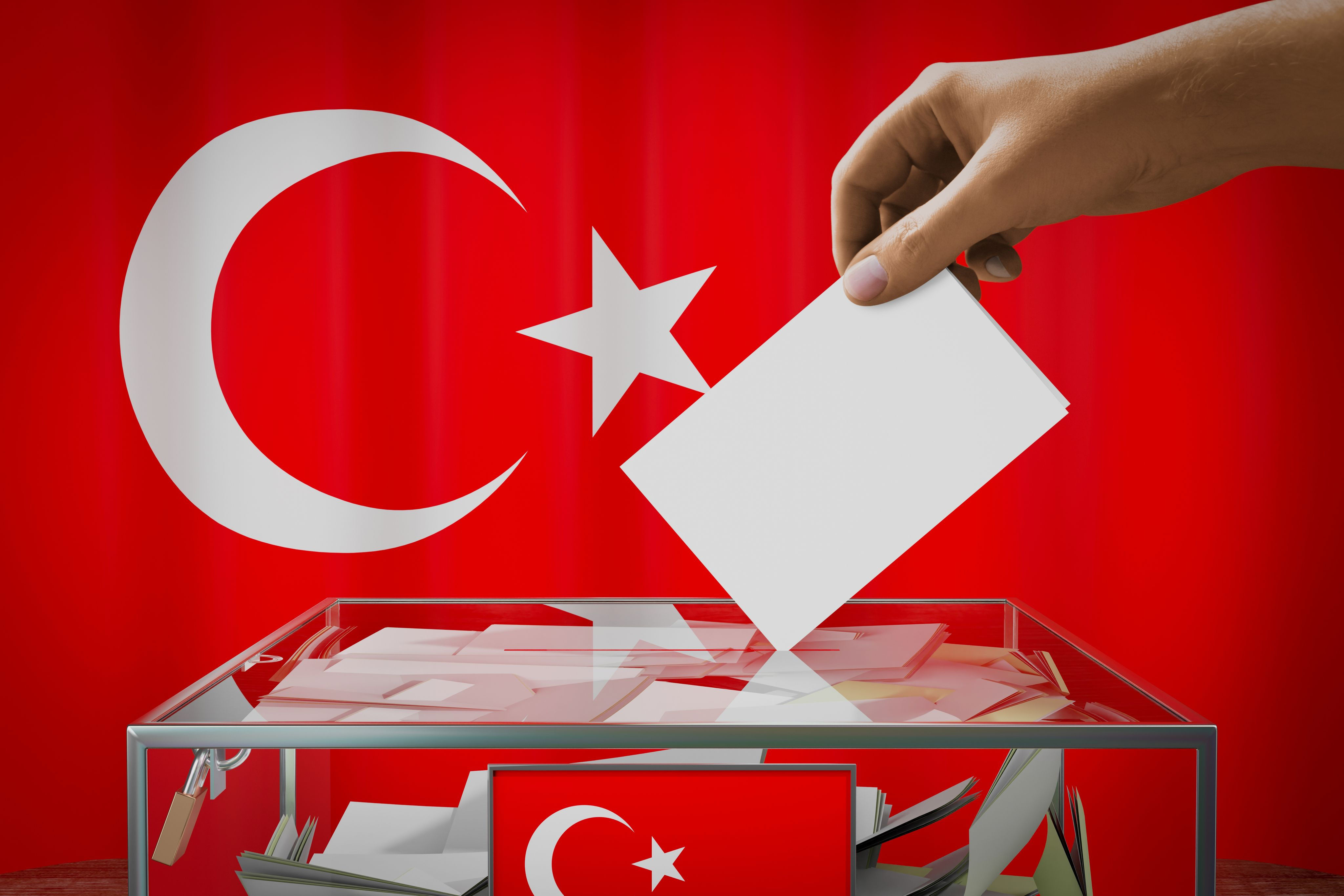The İmamoğlu sentence: Will Istanbul Share the Fate of Diyarbakır?
By Halil Karaveli
January 12, 2022
The political destruction of Istanbul mayor Ekrem İmamoğlu is ultimately meant to demonstrate that the alliance, supported by the Kurdish political movement, which carried him to victory in 2019, is not going to be allowed to repeat its success at the national level. In theory, the removal of İmamoğlu from office will enable the mainstream opposition to turn the presidential election into a referendum about popular sovereignty. However, to succeed it would have to convince voters in Diyarbakır, Mardin and Van that it is as sensitive about their sovereignty as it is about that of the electorate in Istanbul. This is unlikely as the right-wing nationalist Good party of the main opposition alliance resists democratic openings to the Kurds. The division between rigid statist-nationalism and popular democracy runs through the ruling alliance of the AKP and the MHP as well. To tip the balance in favor of popular democracy, Turkey needs a rearrangement of political alliances.

The Istanbul Bombing and Soylu’s Power Play
By Gareth Jenkins
November 22, 2022
The response of Interior Minister Süleyman Soylu to the deadly bomb blast in central Istanbul on November 13th has raised more questions than it has answered and intensified already widespread concerns about the possibility that elements in the state apparatus will ratchet up security concerns in the run-up to the next presidential and parliamentary elections, which are due to be held by June 2023 at the latest. By taking such a high public profile, Soylu also appears to have seized on the opportunity presented by the attack to try to boost his public standing -- which has been badly damaged by a string of revelations by exiled organized crime boss Sedat Peker -- and take advantage of President Recep Tayyip Erdoğan’s absence at the G20 summit in Bali to assert his claim to being the second most powerful person in the government and Erdoğan’s heir apparent.

Demirtaş, the HDP and the Kurdish political movement’s struggle for relevance
By Gareth Jenkins
October 27, 2022
Turkey’s Kurds have the potential to play a key role in Turkey’s forthcoming presidential and parliamentary elections, which are due to be held in June 2023 at the latest. Their votes could be critical to Recep Tayyip Erdoğan’s hopes of securing a third term as president and are likely to determine whether the alliance between his Justice and Development Party (AKP) and the Nationalist Action Party (MHP) retains its parliamentary majority. But, with most of its leaders in prison or facing prosecution, its members expelled from virtually all of the local authorities they won in the last local elections and its main political party, the Peoples’ Democratic Party (HDP), facing closure by the Constitutional Court, the Kurdish political movement faces a major challenge in persuading its supporters of the relevance of casting their votes. The 2023 elections could be decided not so much by who Kurds vote for but how many go to the polls.

Illusions of Unity: The Travails of Turkey’s Main Opposition Alliance
By Halil Karaveli
October 6, 2022
CHP leader Kemal Kılıçdaroğlu’s potential candidacy in next year’s presidential election is causing tensions within Turkey’s six party main opposition alliance, raising doubts about the viability of the alternative alliance to the rule of Recep Tayyip Erdoğan, who has rebounded in the polls. Turkey’s past, sociology and the right-wing character of the opposition alliance where the CHP is in ideological minority militate against the social democrat Kılıçdaroğlu’s presidential bid. And while Turkey’s long-standing culture war between seculars and religious conservatives may have come to an end, ethnic aspirations and rising socio-economic discontent – to which the left and the right respond differently – are bound to fuel societal conflict and make it difficult, if not impossible, to sustain a the left-right opposition alliance and the notion that there is a viable alternative to Erdoğan.







